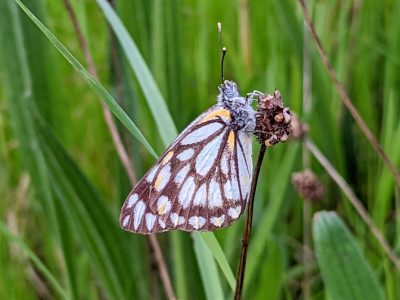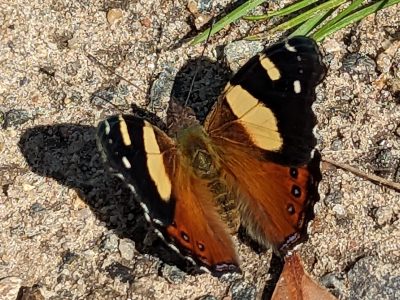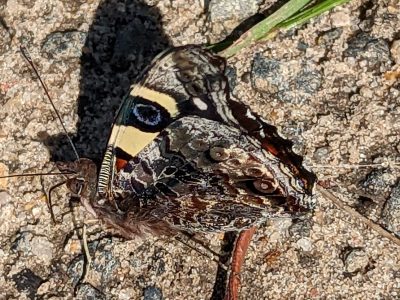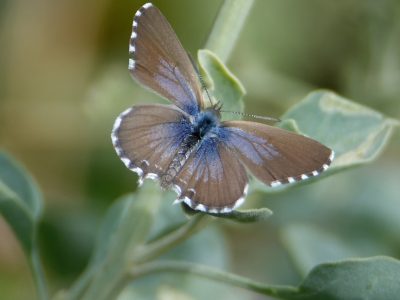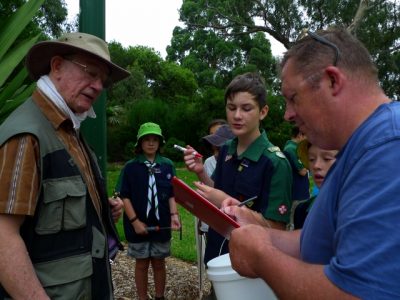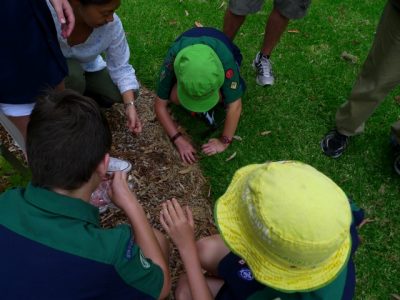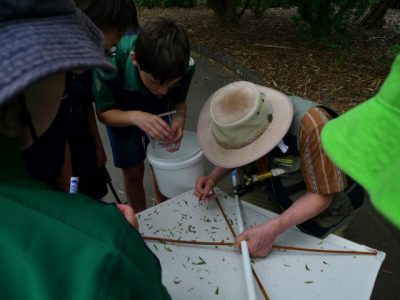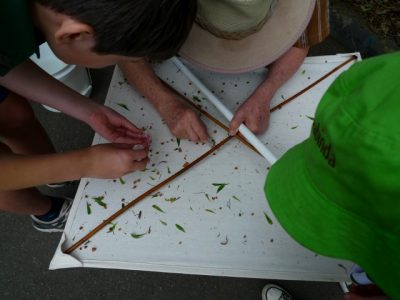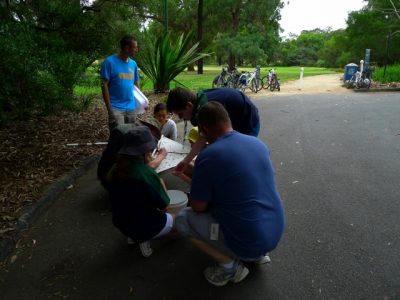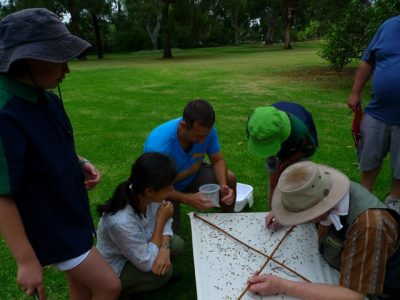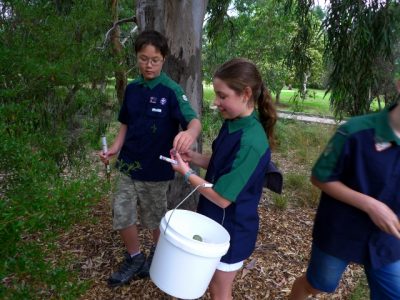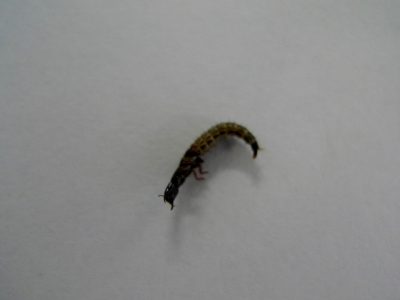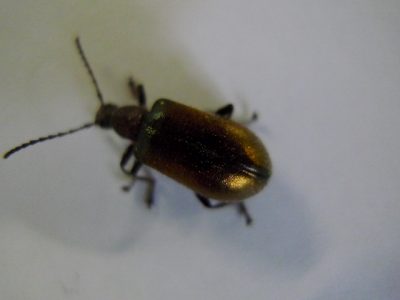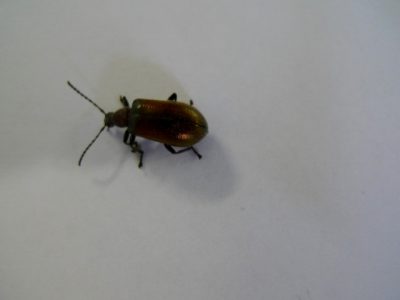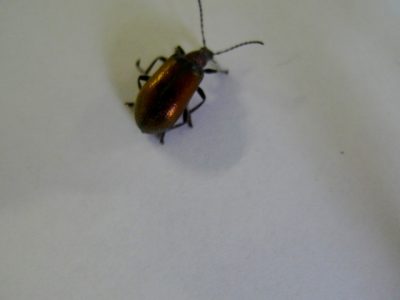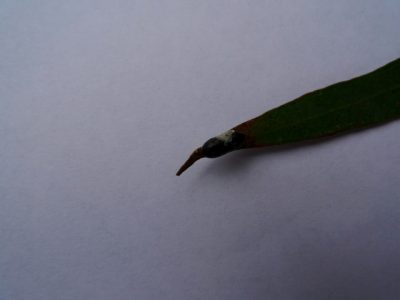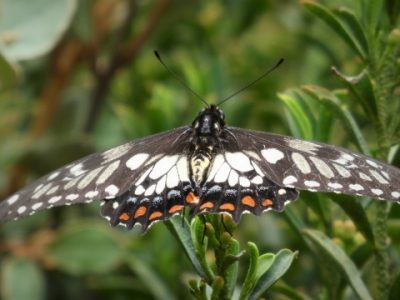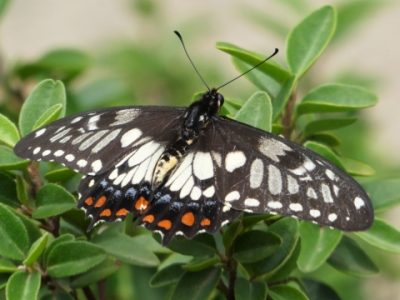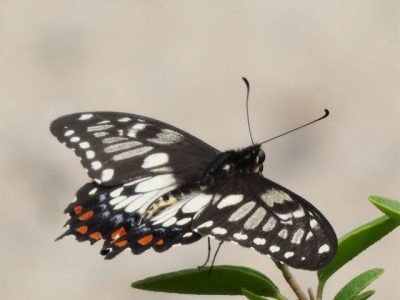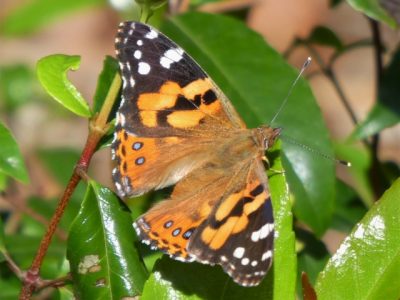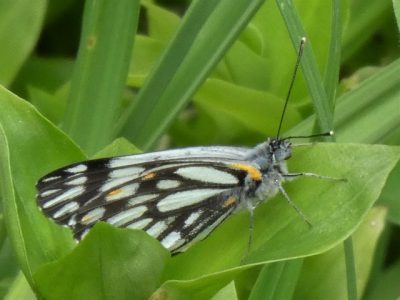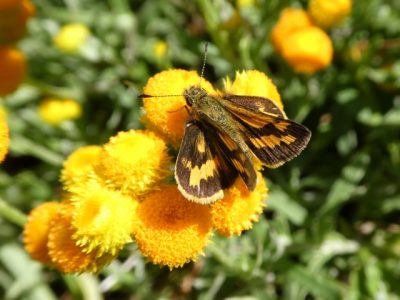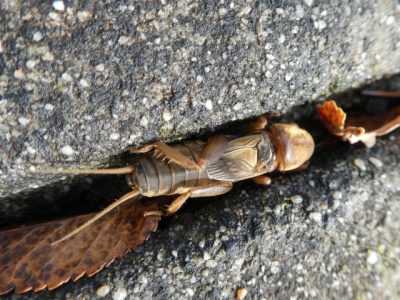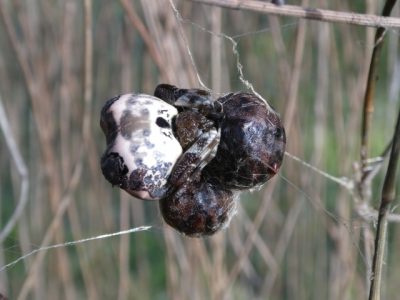Insects
Royal Park has five different ecosystems offering an unusually great biodiversity of plants and insects. It is rich in insects, with over 5000 species identified to date.
Among them some can be considered as iconic due to their beauty, rarity, or the influence they have in maintaining a special natural biocontrol inside the Park.
Much recent work has been undertaken by retired entomologist, Roch Desmier de Chenon.
Examples of the species he has found are:
Chaulignathus lugubris (F.), Coleoptera Cantharidae
“Plague” Soldier Beetle. Very effective biocontrol agent of many pests in the park
Chryptocheilus bicolor (F.), Hymenoptera, Pompilidae Pepsinae
Spider Wasp Hunter of the Huntsman Spider
Anteon sp. Hymenoptera Dryinidae
Very rare or new species in Victoria, ectoparasitoid wasp on Hemiptera
CicadellidaeTartessinae, the Yellow headed leafhopper on Eucalyptus Brunotartessus
Pergagrapta gravenhorstii (West.), Hymenoptera Symphyta Pergidae
Sawfly very uncommon
Anestia ombrophanes Meyrick, Lepidoptera Arctiidae Lithosiinae Clouded Footman Moth
Some iconic spiders he has found and identified include:
Spiny Spider Austracantha minax
Golden Silk Orb-weaves Nephelia ed
Bird-dropping Spider Celaenia excavataulis
Huntsman Spider Delena cancerides
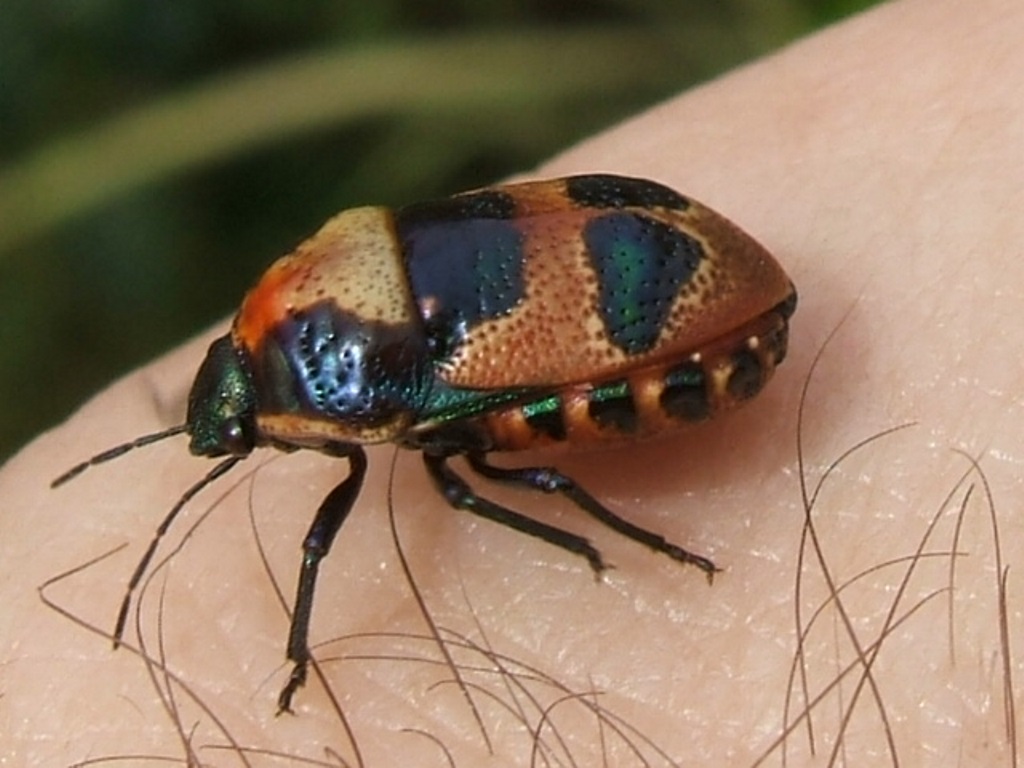
Jewel Bug
Scutiphora pedicellata (Kirby), Heteroptera Scutelleridae
Metallic Shield Bug, Christmas Jewel of Royal Park
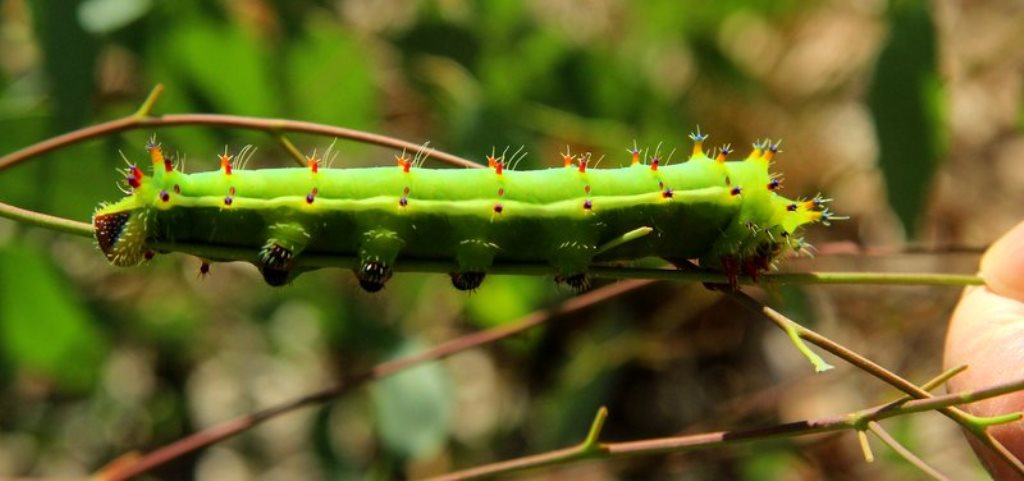
The Emperor Gum Moth
Opodiphthera eucalypti (Scott), Lepidoptera Saturniidae
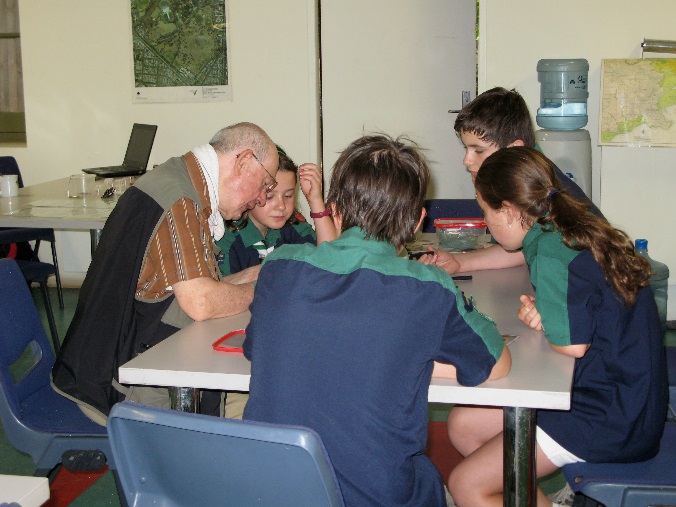
Royal Park is a valuable recreation place for people but it is also a significant biodiversity site and provides opportunities for research activities into its flora and fauna for biological scientists and students.
It also provides the opportunity for interested people and groups to learn more by participating in the occasional insect survey run by the Friends, or through City of Melbourne’s BioBlitz or through use of iNaturalist (for details, see Activities).
Bee Sanctuary
The Friends of Royal Park, Parkville have submitted a proposal for a Bee Sanctuary, designed by Roch Desmier de Chenon, to the Melbourne City Council. This is to attract native bees and would be located in the Australian Native Garden where the emphasis is on an extended floral display with associated provision of nectar. In the interim a simple bee log ’hotel’ has been erected (see photo).
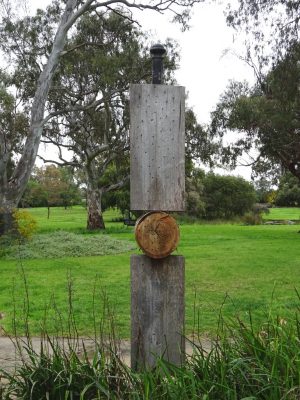
The Little Things that Run the City.
A booklet on Insect ecology, biodiversity and conservation in the City of Melbourne
Our City’s Little Gems.
A booklet on Butterfly diversity and flower-butterfly interactions in the City of Melbourne
